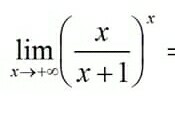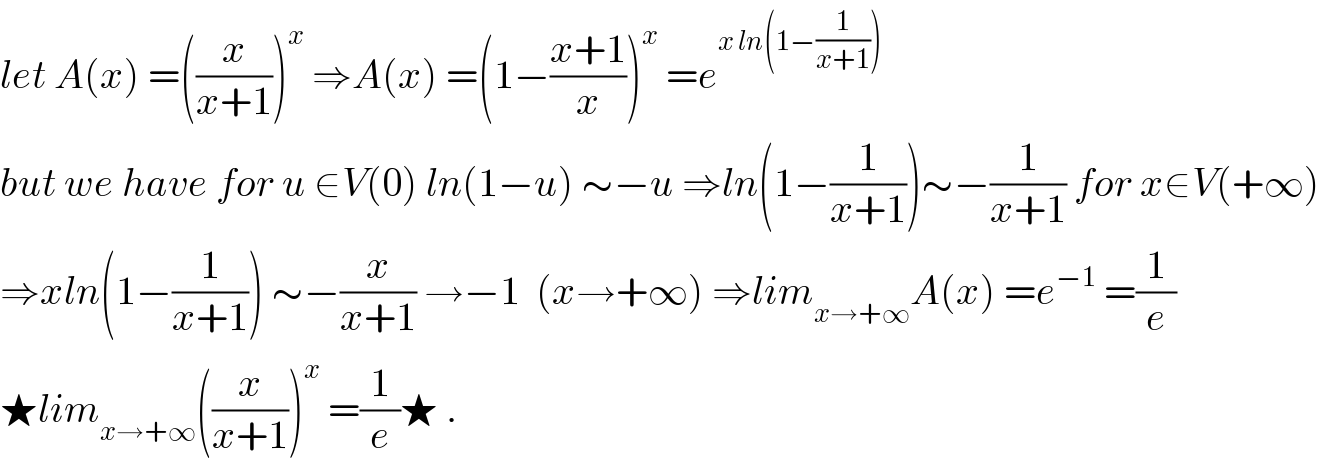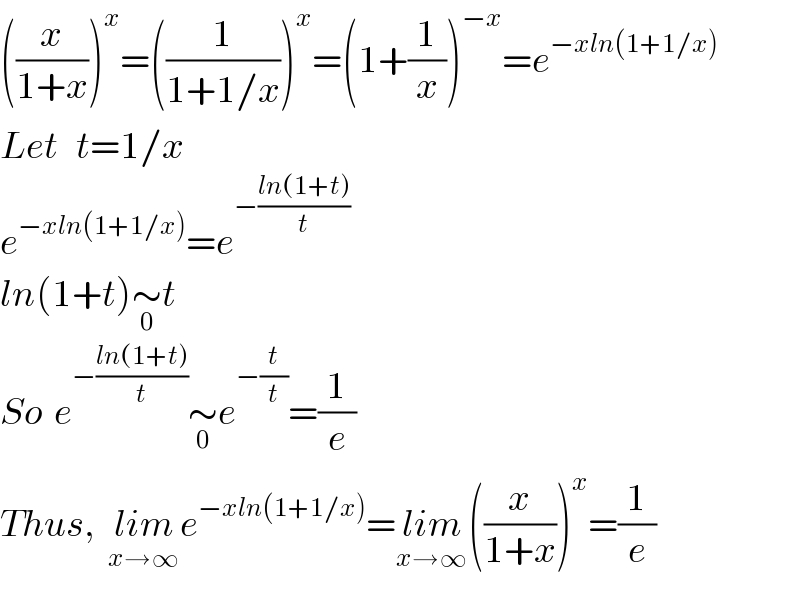
Question and Answers Forum
Question Number 60716 by peter frank last updated on 24/May/19

Commented by maxmathsup by imad last updated on 25/May/19

Answered by Smail last updated on 24/May/19

Commented by peter frank last updated on 24/May/19

| ||
Question and Answers Forum | ||
Question Number 60716 by peter frank last updated on 24/May/19 | ||
 | ||
Commented by maxmathsup by imad last updated on 25/May/19 | ||
 | ||
Answered by Smail last updated on 24/May/19 | ||
 | ||
| ||
Commented by peter frank last updated on 24/May/19 | ||
 | ||